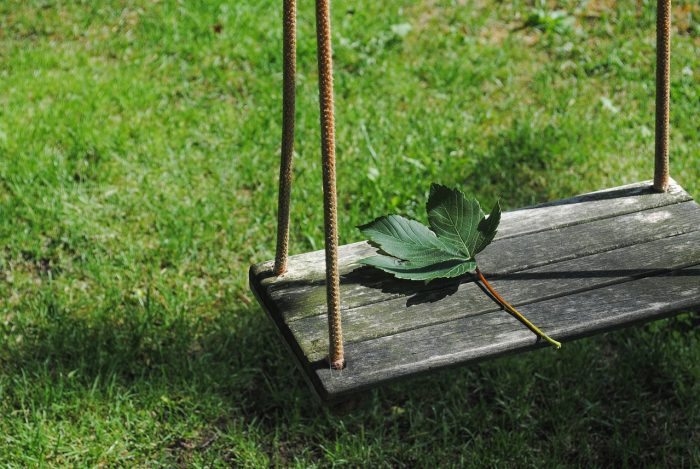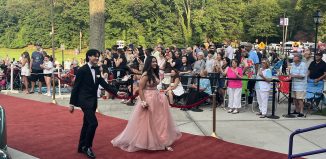Between You and Me: The brother I never quite had
By Leah S. Dunaief

Had he lived, my brother would have been 95 this week. As it happened, he barely made it to 64 before dying of heart problems. I barely knew him, there being such an age gap and with no siblings between us, and he still disquiets me, like an unfinished story. Perhaps that’s because, by the time I could have gotten to know him, he was gone, gone from the house by the time I was six and from my life when I could have started to pay attention.
I have a number of memories about him, of course. In his 20s, he was quite good-looking, with thick, wavy blond hair and big dark brown eyes, a straight nose and strong chin. I was with him one day when a young woman my family knew gave him a piece of paper with her phone number on it and asked him to call, so I knew he wasn’t just good-looking to me.
My brother also personified great adventure. He rode a motorcycle, flew a twin-engine airplane in the days when plane flight was somehow romantic but becoming commonplace, and he owned a car, a 1948 Plymouth, which was unusual for someone who lived in the midst of New York City. He would drive the family back and forth to my grandfather’s farm in the Catskills and also to get some air along the outer borough highways on hot, sticky summer days. I always sat in the front seat because otherwise, I would throw up from the motion of the car.
He loved cars and could fix whatever was malfunctioning under the hood. In fact, he loved anything mechanical and might frequently be found tinkering with motors. He also would talk endlessly about the physics of propulsion, telling my friends and me more than we wanted to know.
I don’t remember his job title, but he had a major role in developing Checker cabs.
For those who are too young to remember them, Checker cabs were big, yellow automobiles with jump seats in the back floor that could unfold and transport a party of five plus one passenger in the front anywhere in the City.
The real genius of the cab was its modular construction. Until then, if a taxi was in a fender-bender, not an uncommon occurrence in urban heavy traffic, it was off the road being repaired for at least two days. After all, no one wanted to hail a crumpled taxi, and so there was substantial lost revenue. But my brother’s work on the idea of manufacturing fenders that could pop off the body of the cab and be replaced with another in half an hour was considered a major breakthrough for the industry. I believe he collected a small royalty for many years.
There is a photograph of my brother pushing me on a swing. I look to be about three years old. I have no memory of that, but I do well remember his teaching me to shoot a .22 rifle in a country field near my grandfather’s farm and his enthusiasm when I was able to hit the can and knock it off the fence. In my excitement, I turned back to look at him, continuing to point the rifle straight ahead, only now it pointed at him. I guess the incident remains with me for his look of distress and panicked directive to turn back around.
My brother attended my graduation from college, and I was puzzled by his show of pride. I never knew that I was anything growing up but a great distraction as I required our parents’ attention and contaminated the chemicals in his photography dark room. But I do remember that a couple of my classmates asked me how old he was.
We lived in Yorkville, a German section of NYC, and he loved wiener schnitzel with spaetzle and red cabbage. Many years later, I traveled into the City one day to meet him for dinner, and it was at just such a meal that we had one of our first meaningful conversations in a restaurant on East 86th Street and Third Avenue just before he died.







